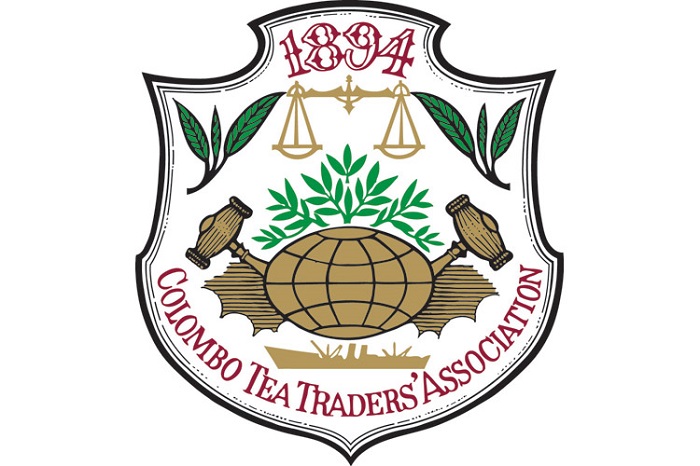
The Colombo Tea Traders’ Association (CTTA), which comprises all tea industry stakeholders, namely the growers, manufacturers, plantation company estates, brokers, and exporters, has raised concerns over the prevailing situation in Sri Lanka.
Issuing a statement, the CTTA said the recent events which took place in the aftermath of the island-wide protests have only aggravated the position with disruptions to the normal life of the people and businesses.
The current environment does not augur well for the smooth functioning of commercial activities, and the tea trade is no exception.
The CTTA further said it firmly believes that the government must give a hearing to the justifiable cries of the people. If these pleas are not heeded, the whole country, including the industries, will come to a standstill resulting in the country losing much-needed revenue. This outcome will have a further dampening effect on the already ailing economy of Sri Lanka.
The Tea industry, which employs approx. 10% of the total population in all sectors of the value chain contributes around USD 1.3 Billion annually by way of foreign revenue to the country’s coffers. It is pertinent to state that in the turbulent 2020 and 2021 when Sri Lanka was not spared from the Covid-19 pandemic, the tea industry functioned uninterruptedly to ensure the nearly 500,000 smallholder families received their incomes and a similar number of tea workers in the plantations their wages.
The 155-year-old tea industry has been remarkably resilient over the past decades, having overcome many challenges, including natural calamities and insurrections. It is pertinent to state that even during the 30-year-old civil war that ended 13 years ago, the Sri Lankan tea industry continued to supply the international markets, thus signifying the reliability of “Ceylon Tea”.
The CTTA said all sectors of the tea industry are committed to ensuring uninterrupted supplies to all tea importing countries as it has done over the last one and a half centuries. For this, the support and facilitation of the government are of utmost importance. However, it is necessary that the policymakers do not make the mistake of not listening to the experts in the industry. Some of the population’s grievances are a result of the incorrect decisions taken by successive governments, mainly on agriculture which has brought about the current grave situation in the country. These actions have led to the food shortages experienced at present.
Despite the many appeals made, the Tea industry was never heeded by the government of the day when making decisions to ban the use of specific essential agriculture inputs, including fertilizer. These actions have cost the country billions of US dollars, driving away loyal tea consumers to other tea-producing countries. The recent decision to ban the use of inorganic or chemical fertilizer has resulted in a drastic drop in production from the latter part of last year to date. Furthermore, it is needless to overemphasize the foreign exchange loss to the country due to a shortfall such as this.
The CTTA also urged the government to take swift action to resolve the current situation in the country by making favourable decisions and applying creative solutions to revive Sri Lanka’s economy and improve the standard of living of its citizens.
“We firmly believe that if practical steps are taken immediately to transform the current situation, as a nation, we can collectively contribute towards rebuilding the economy and putting Sri Lanka back on the world map, not only as being the home of Ceylon Tea but as a paradisiacal haven for tourists and locals alike. We request all Sri Lankans to remain strong and patient during this difficult time and be resilient as we have done in the past when faced with war, disasters, and the 2020 pandemic,” it added. (NewsWire)